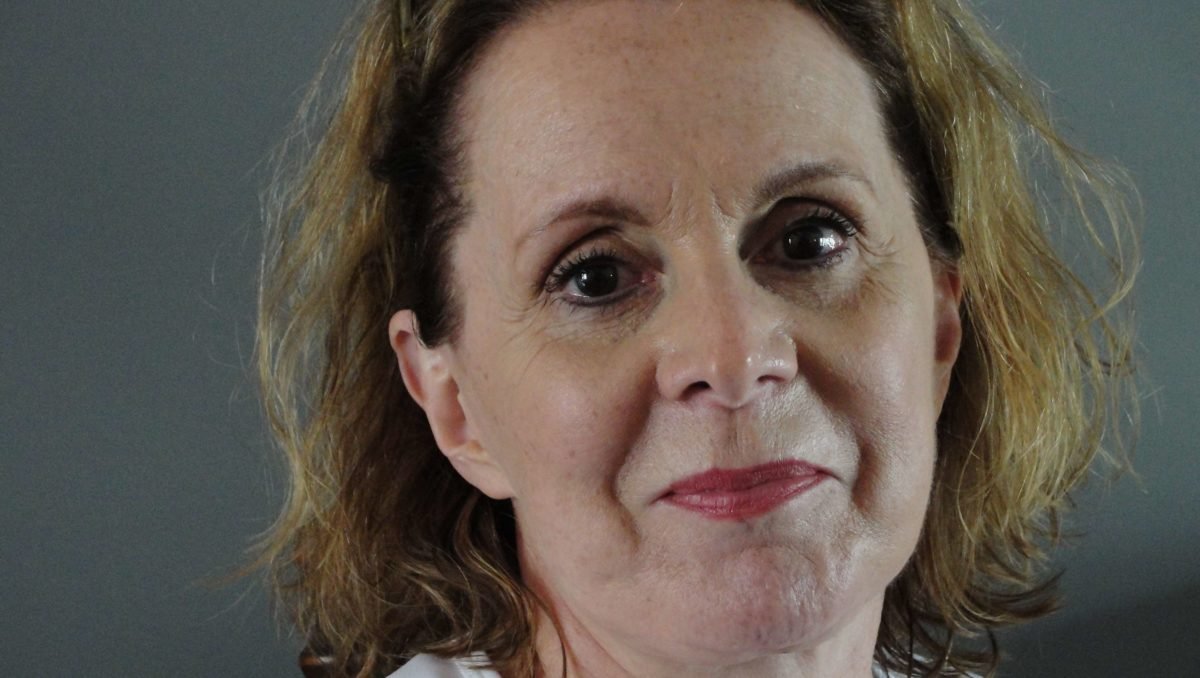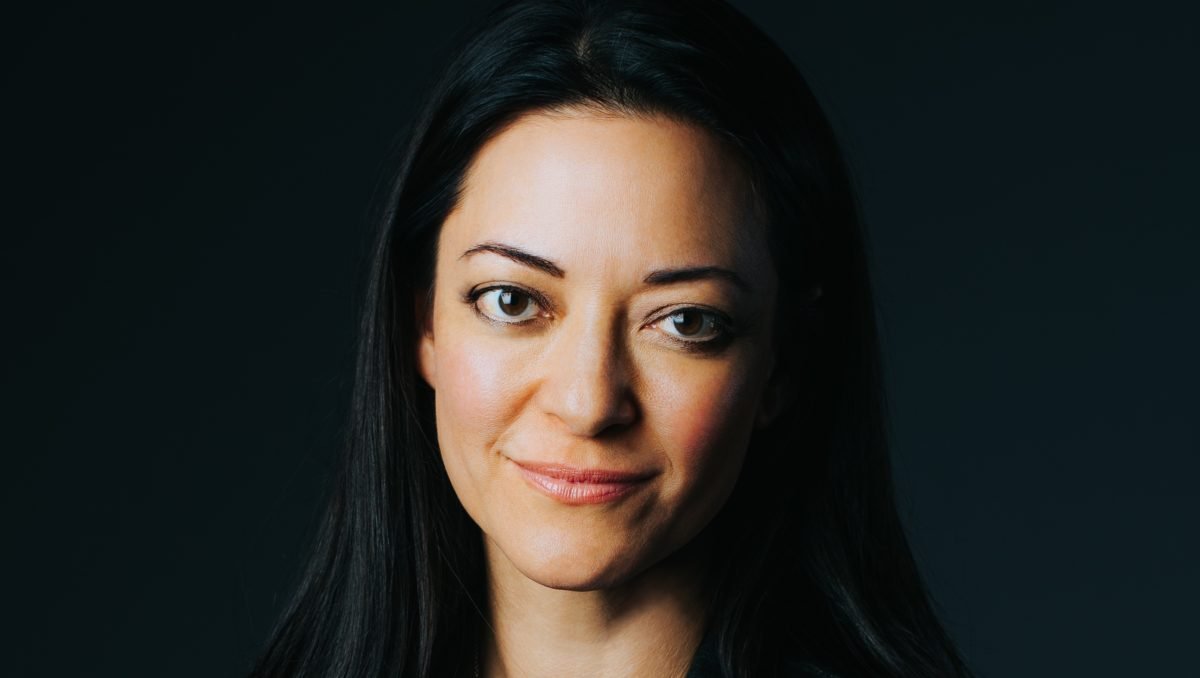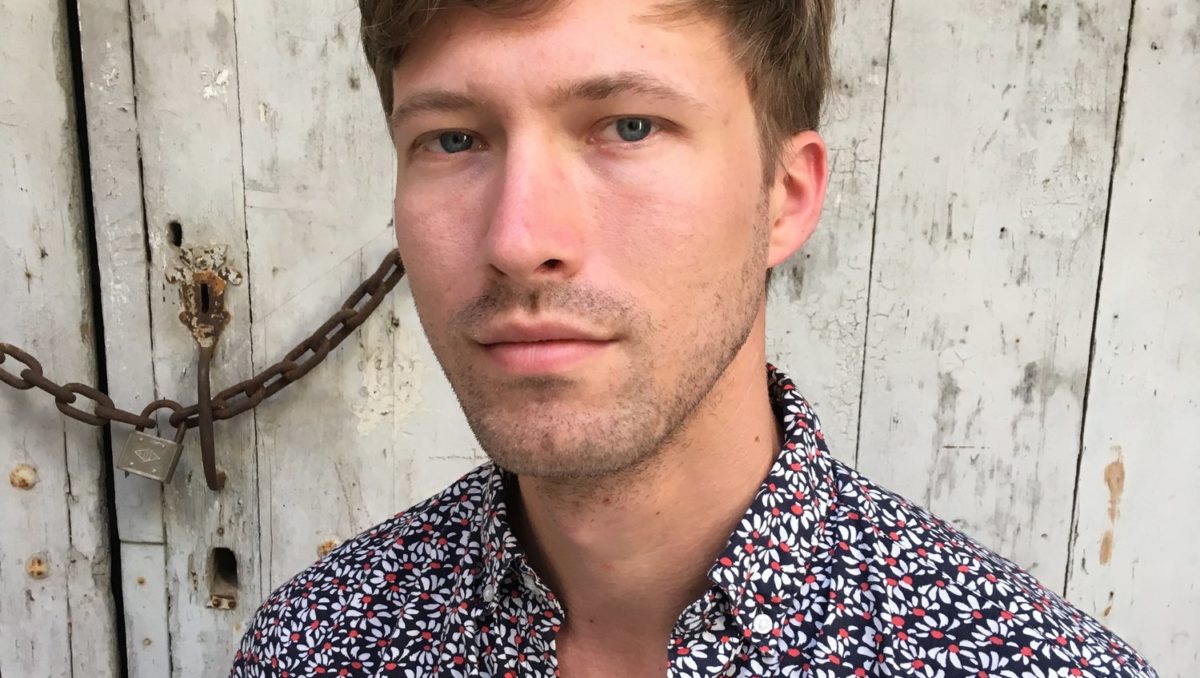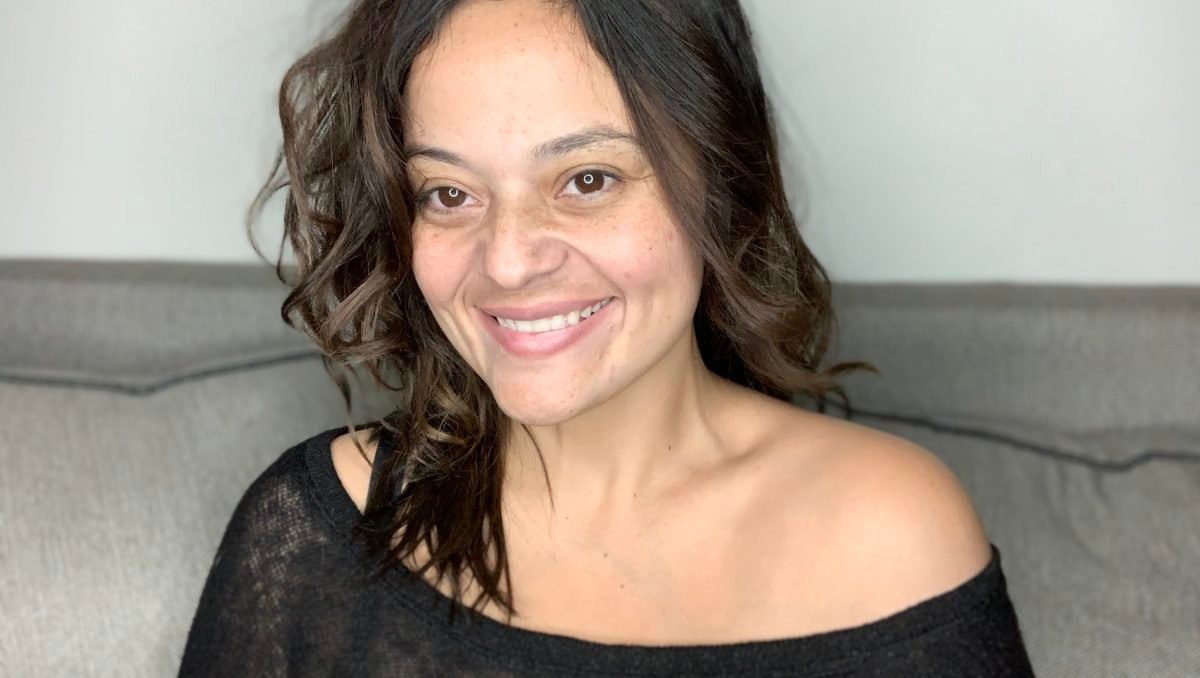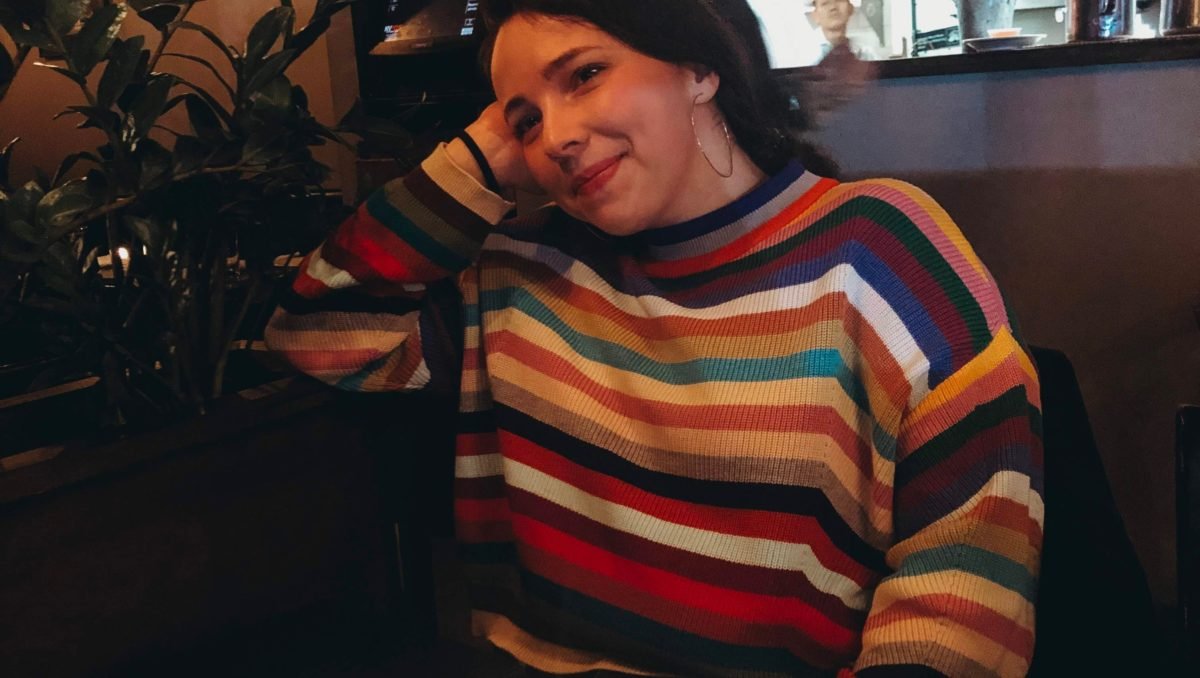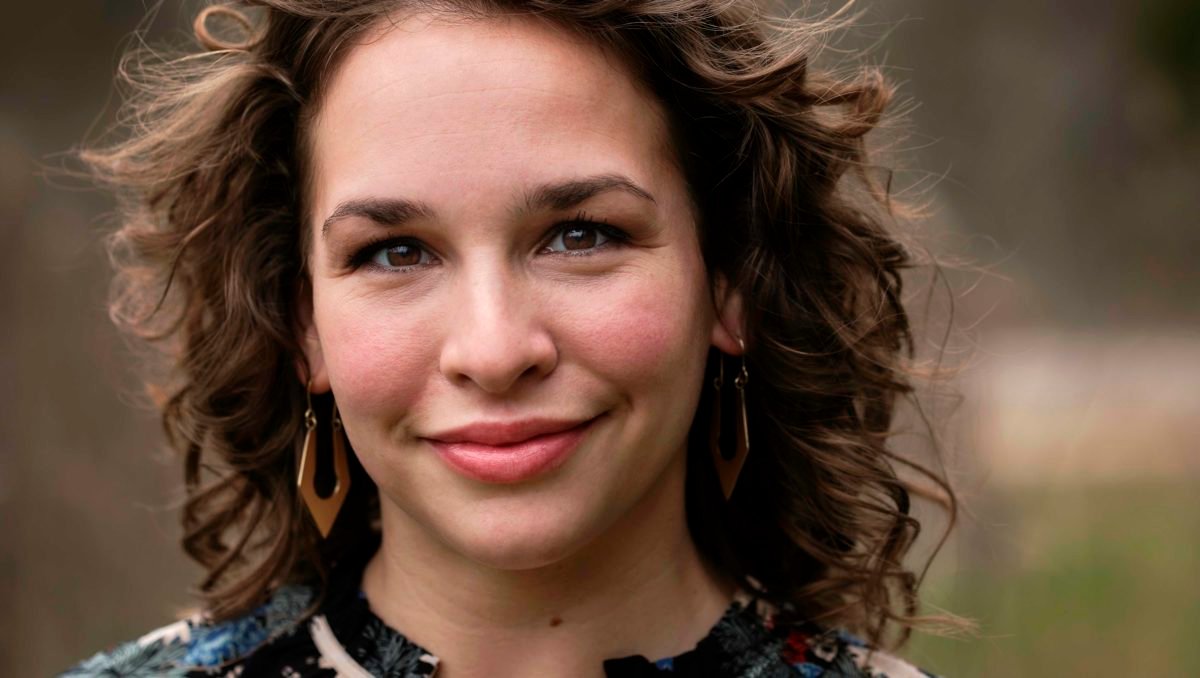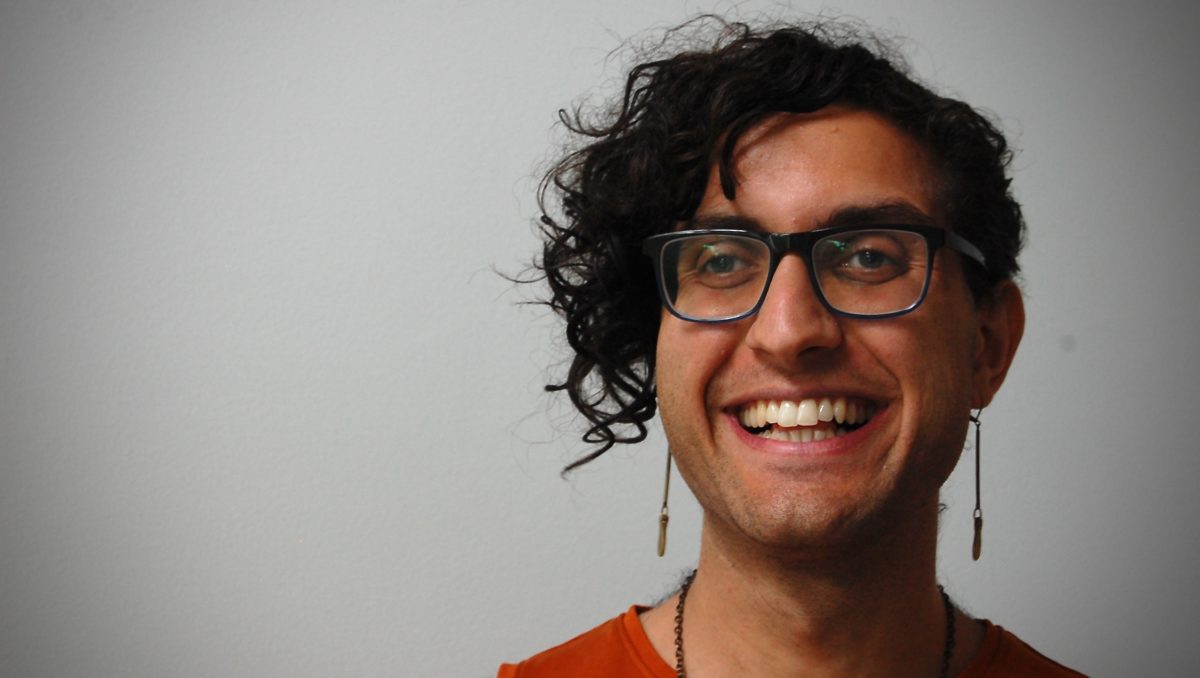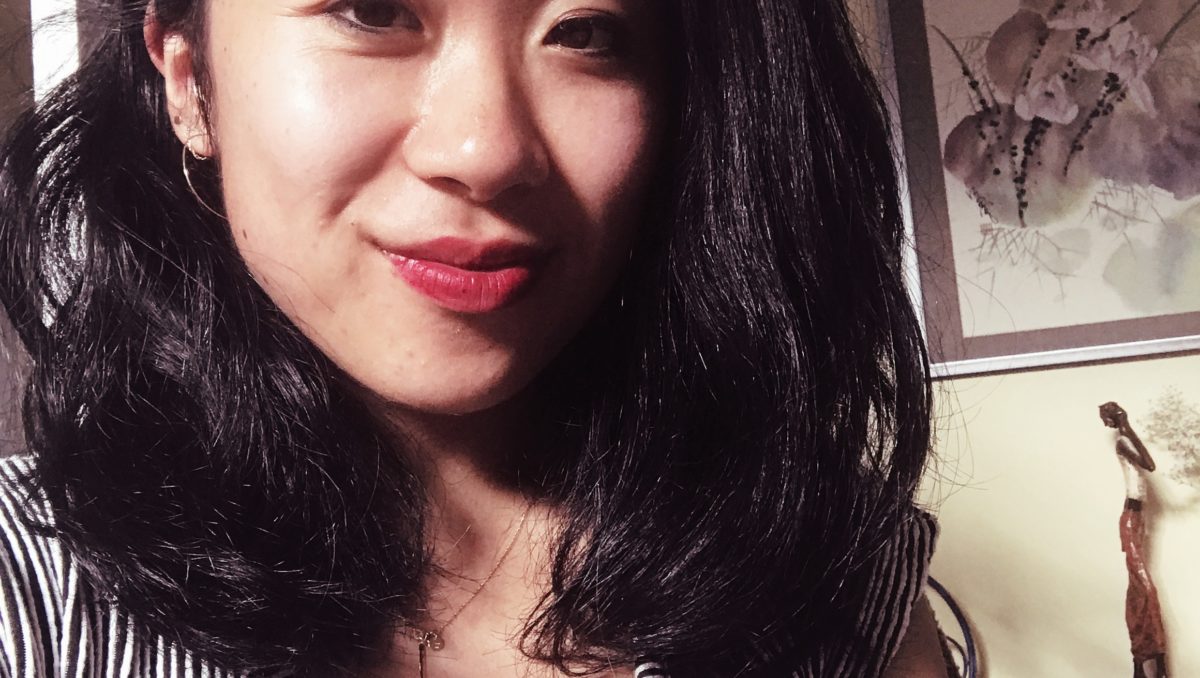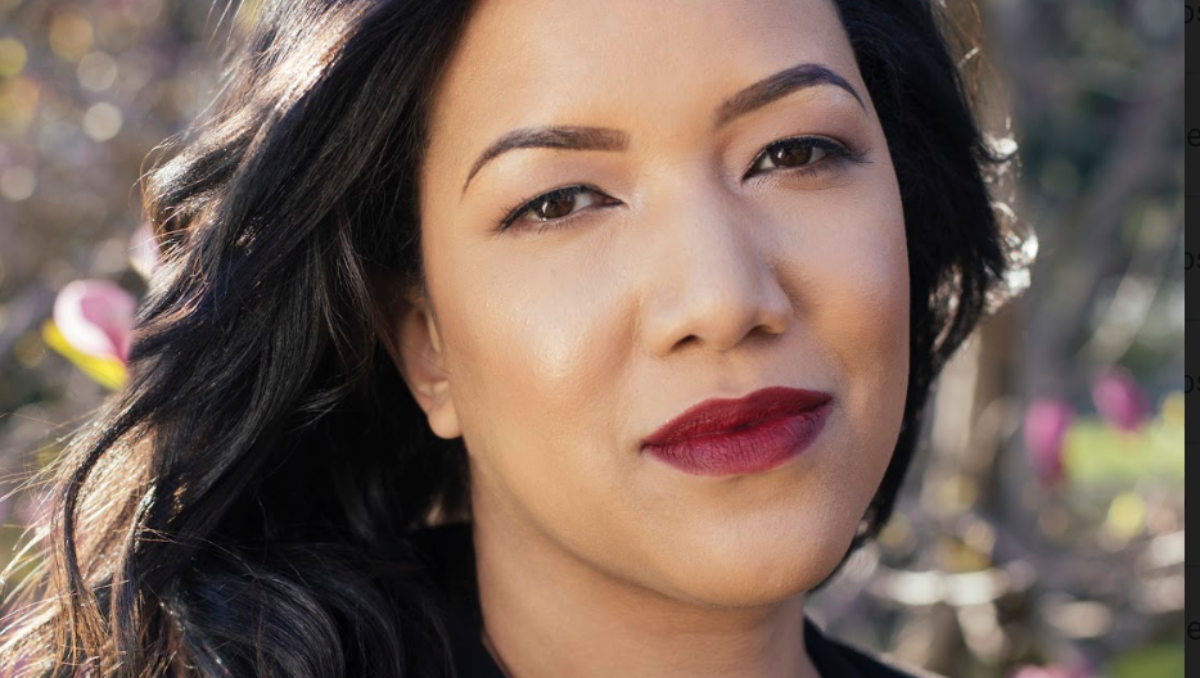SNOW LIGHT IS THE TRUE LIGHT by Martha Webster
Riga Mountain trail,
our last hike before the blizzard.
The hawk we spooked
is perched across the pond—
a scent of snow
hangs heavy in the air.
The rabbit’s eye is big
and berry-bright,
lucid as a black marble.
He looks untouched
except his skull—
an open, red
pomegranate.
No clotting yet.
- Published in Issue 16, Poetry, Uncategorized
UNTENABLE by Leona Sevick
Looking down from my second story porch
I see the flowering quince they say will thrive
in almost any soil. This one is no doubt
dead, though its faithful branches reach up
and outward, insulting the brittle dry
sticks that pin the massive bush to fertile
ground. Watery red flowers the color
of diluted blood once bloomed in winter
on its bare and twisted branches, and in
springtime, the dark leaves bore small sharp teeth
so that I thought nothing in the natural world
could kill it. But who am I to make such
bold assumptions? Who knows for certain which
ones need to be nurtured, how fragile love?
- Published in Issue 16, Poetry, Uncategorized
TWO POEMS by Jim Whiteside
Stocking the Pond
500 bluegill in a tank
on the back of a truck,
parked on the bank,
pouring them out. Fifth grade,
early spring. The year
I was taught there were right
and wrong ways to be
a man. I watched
the waterfalling bodies
of the fish, our pond
like a holding cell.
When the valve closed,
one got caught and cut
in half, the top fin and tail
just sat there in the grass,
separated from the head
still floating in the tank.
We caught them
all summer, kept them
on a line strung through
the gills. I hooked one
through the eye, snagged it
through that soft
and lidless spot, and the barb
came out through the front
of its face. I cried while
my father removed it.
I watched while he filleted
our catch, when he nailed
a catfish to a board
and skinned it with pliers.
What else can I say
about my cicada-sung
childhood, when I learned to do
things I didn’t want to—
years later when I danced
with a girl at prom,
when I did not kiss
the boy I drove home
from school, when he
offered. But when
I was nine my trembling
hands were asked to hold
the handle of a thin blade
and cut. So I did—
and for what? A quarter-inch
thick fillet, small victory.
We ate the fish
with our hands, battered
and fried on a camp stove.
When we stocked the pond,
a mist came off
the cascade of water
and fish, the surface
of the pond was iridescent
with some runoff
or exhaust—all so I could sit
in a camp chair,
months later, picking
little bones from my teeth.
Parable
And suddenly the ground opened
so I could fall in. The hard clay
opening its arms to feel like safety,
holding my body like a bulb,
mother’s irises in the garden. The air thick
with cicada calls, the air hanging
on skin. She’s at the window calling out
the varieties of corn in the field like
calling in children for dinner.
But I am her only, her runaway.
At the table she reminds me
my blood runs red because it’s full
of iron, red like the banks of the creekbed
I fell down as a child, flat on my back,
eyes and palms to the sky, gasping.
My body remembers
that labored breath, these old pollens.
In the cabinet I find a cream
to prevent scars from new wounds,
another to reduce scars already set in.
But as a child I had no scars,
only musical names in my head before sleep,
saying them aloud under the spinning fan,
Ambrosia, True Platinum, Silver Queen.
- Published in Issue 16, Poetry, Uncategorized
GIRLS NIGHT by Elisabet Velasquez
After I gave him my dented hands which in any case were still valuable
in the way that ruins can be,
I leave him for myself.
I spin-drunk en la sala, a spiraling summer,
I talk to my homegirls in the language of tomorrow –
girl, finally. I invite them to die with me
at the club.
I pick a man to wine into, until the dance is an interrogation. The last man was loving me wrong. My
hands crawl close enough to his face to feel his breath the moment right before he regrets me. You know
how ya’ll do, love a girl only when she is the brightest version of her pain. The way a shadow loves the
pavement only when the sun shines. Have you ever been the shadow? I mean have you splayed your body
so flat against a woman that you didn’t notice she was concrete? I dance for him the way worms dance in
honor of devouring a body.
My homegirls laugh until they are ghosts.
- Published in Issue 16, Poetry, Uncategorized
THE NIGHT BEFORE THE NIGHT THAT SYLVIA PLATH LAYS HER HEAD IN THE OVEN by Hannah Matheson
Sometimes what kills me is serene
as snowfall. Proliferating frozen,
soft inundation, the ceaseless
and so many ways of wanting
to die. I can’t sleep
for the 2 a.m. murmur
of the plows, making their rounds
for hours now, unseeing
metal sweeping and salting.
Rusted chrome in near collision,
compelled by the Sisyphean
labor of cold. To roam
the black in the absolute
zero before dawn;
imagine,
gathering and gathering and gathering the ice.
- Published in Issue 16, Poetry, Uncategorized
TWO POEMS by Katie Condon
I’m a Kick-Ass Woman
Ask anybody. This ass has never been kicked
to the curb. I do the kicking. I’m a nasty-ass woman
drinking chamomile tea at dusk. I know what I’ve got
& it’s a throne for an ass. Grab it. Kiss it. Pop
the pimple on that ass. See what happens when you
disagree with my ass. I’ve got a bad-ass ass. A kick-ass ass.
A good-pair-of-jeans-is-hard-to-find-type ass. Cue Flannery’s
ass, as broad & innocent as a cabbage. I’m getting literary
on your ass. Listen: you can’t have passion
without ass. Or Parnassus. Make way for my poetic ass,
as essential & enduring as your thesaurus
but sexier. I’d tattoo the Cantos on my ass
if it would make it less boring. This Is Just to Say: A Carafe Is a Blind
Ass, or: I’m no Modernist. I’m the future
of The Poetics of Kick-Ass—the voice of a nation
from the mouth of a woman with the keys
to the van that fits all of your sweet asses. Climb in.
We’re bound for the coast. Bet your ass
we’ll be there before dawn. Sit back & watch
my Walt-Whitman-dashboard-hula-girl shake his ass
all the way across the American desert
we’ll make an oasis of by the time we’re through.
Poem From the Mouth of God
There is a reason
I have yet to let anyone
see my face. I am a lonely man
& socially inept. I send angels
into women’s rooms
because I never mastered the art
of non-offensive pick up lines
& even with a wingman
only one woman’s ever said yes.
She is tired of me.
Who can blame her
when I spend my days
at every window in the house
shuttering & unshuttering myself
from the view I created
& grew afraid of. My son
doesn’t visit anymore
& you’re not surprised.
Me neither. After centuries,
the first miracle I performed
was this morning
when I raised myself
out of bed & lifted a razor
to my horrible face.
What advice do I have left
except that you should make things
& keep them closer to you than ethers away.
Do not be like me.
This light is the only good
I’ve offered you,
but even light, too often, dies
in a furious burst.
- Published in Issue 16, Poetry, Uncategorized
THREE POEMS by Dilruba Ahmed
THE CHILDREN
How each one is taken
with care from car
to school doorstep, each one
hand-in-hand with an adult.
How the mothers
and fathers kiss
their foreheads, first
pushing aside their bangs
or smoothing
a stray wisp. One
parent straightens
her daughter’s velvet
headband; another wipes
dried oatmeal
from his son’s pink lips.
How carefully
each child is guided
around the bumpers
of cars. How some turn
to wave goodbye
one last time while others,
drawn to friends
by an invisible cord,
move together, first left
then right, with
the synchronicity
of fish. How even the child
with tears in his lashes
who cowers near a teacher
knows that in a matter of hours,
a loved one will return
to him, to return him
to the facts of home:
butterfly net
for trapping monarchs.
Foil blanket
from a space museum.
Four-leaf clover
charms on a chain.
ANOTHER FORM OF SKIN
Hiding us all the times we prefer to stay hidden.
Piled by the door
rumpled, forgotten.
Brought forward
in offering: burnt mittens,
torn shoes, bloodied handkerchief.
I have hung on a clothesline
shirts so white that I
felt surrounded by clouds
or by the impossible words
of God. Sometimes the wind
blows through me
as though I do not exist,
as though all form
could go formless without notice.
Think, for example, of the way
no one stands at the door
offering a cabled sweater, saying
here you might need this
it’s cold out today no one
except me, for example.
And though
there is no one, now,
inside the sweater
here I am securing each button
all the way to the top,
delicately lifting
imagined lint from a sleeve.
IN THE HOURS JUST AFTER, IN THE HOURS BETWEEN
Caught between one world
and the next, between the buzzing actual
of air breathed, streets crossed,
food chosen, prepared,
consumed. Of sleep slept
but broken
again and again into waking—
caught between the easy language
of regret and viscous words of loss,
words that, like timid creatures,
have tunneled deep into caves
for the long winter, and may never
emerge again, such is the lure
of the darkness
and the mind & the mouth hollowed out.
Caught between laughing
about what he would’ve said
about attending to his own death
Easy now, easy, take it easy now now now
and absorbing the infinite chill
of seeing he could
no longer say it—
we speak of him, still, in the present
tense. Caught between calling, first,
the one who’d prepare his body
for the grave or the one who’d
tend to his soul as he’d wished.
Morgue or mosque, we ask
him, mosque or morgue we ask
ourselves. Again and again,
the sound of no voice,
just the specter of one nurse
and then another
shuffling down the hall in scrubs,
doctors in angel-white gowns
and shoes, their hairnets
like deflated haloes
clinging to their heads.
- Published in Issue 16, Poetry, Uncategorized
G-D POEM by Sass Brown
Oh the g-d in you. Thank you for what g-d you did today
g-d as gold g-d as gone You believe there’s g-d out there somewhere
among trash heaps that smell less these days because the plastics in them
no g-d old organics
you know it’s g-d because it smells as it rots most g-d things don’t last long
What kind of g-d don’t you believe in
My word is g-d He’s a g-d egg No news is g-d news
You don’t want to hear how g-d you are It’s not that anyone actually knows
but you look g-d, Girl, really g-d
Take a look in the mirror
you see nothing at all
That’s gotta be g-d
or at least the image of g-dliness
At least you’re in g-d hands
You don’t want to be g-d
because if you’re g-d that means g-d can have cracked nails
with sky blue polish in the cuticles
g-d can have mistweezed eyebrows
g-d might be wearing dirty underwear never as g-d as you hoped for
under a sundress that’s a bit too short no g-d at all
A g-d way to go A chapped kiss g-dbye
- Published in Issue 16, Poetry, Uncategorized
TWO POEMS by Carlina Duan
WHAT IF
my lips weren’t chapped. the candles: unburned.
what if they’d stayed like that all year: whole, slender
sticks, separate & shy. what if the ants didn’t
run in slow lines across the table, didn’t crush
to dark soot beneath a stray thumb.
if I hadn’t touched the cake: unghost
the icing slipping through a fork. if I’d crammed
sugar into a plastic box instead. if I’d gone to bed
on time, if I’d showered, if I’d combed
through each strand of my wet & blackest hair.
would I have seen what I saw that night?
across my phone screen, those grains of salt
& rosemary rubbed into the roast chicken?
your hands and her hands curled
across the knife? slash, slash. cut
me up. if I hadn’t known you or that year
we plucked apples from the branch, I
would’ve laughed. chicken thigh
on a blue plate in the kitchen I’d once
loved you in. the candles lit. your hands
and her hands. flashing knife. and ants.
damn, those ants. scuttling beneath.
black as bolts. craving whatever: grease,
the hurry of lips over skin.
a single, stupid crumb.
DEAR SILVERFISH
respect me. you slim,
slimy insect I try to trap
first with a jar, but you
glint, real sly, then slide
beneath the ratty blue
rug. you slinky spasm.
you thousand-leg.
make me squirm
‘til I grab the lavender
spray, lift the rug,
then spray a ferocious
cloud for minutes,
wetting your antennae
to the linoleum floor.
still, you live.
body bigger than
a nickel, pointed
like a stick of lead,
stuck beneath my
glare. Just use
your clog, my sister
texts, yet something
about your whip-
thin body I cannot
strike.
once, in a public park, I watched
the man I loved pare a fuji apple
with a knife. skins curled and fell,
lazy ribbons onto a lap. months
later, I stood at the intersection
where green trees erupted
& the park began, grief in me
whirring like a pest. o, old
love. I cannot smush you
with a shoe or douse
you in a clean scent. try to
violence you out yet still,
you stay. a silverfish atop
my bathroom floor, shiny as
scrap metal. pulsing with
the dust, & stuck.
- Published in Issue 16, Poetry, Uncategorized
LIFT THE MORATORIUM ON ANGELS by Kristin Robertson
in this poem one sec for Pearl Vision
and an optometrist who looks exactly
like an uncle who died two years ago.
He’s saying quick puff of air and hot air
balloon in the distance look through
here see it see it now? and now?
But this, this is the good part: He asks
out of the blue, out of thin, thin air—
Do you still read books? I’ve never
laid eyes on this man before. I just
moved here. Still like pond water. Like—
wait—lift the moratorium on deer too,
one brief moment—still like the ears
of the mother and her fawn behind
the privacy fence. It’s only been two
years. Of course I read books. Still.
How much time has passed in his nebula
of wings? I say yes. Yes, I read. And
get this: He smiles. He smiles and nods
and adjusts the lenses in the phoropter.
Since my lease is one year, and I won’t
ever return for my follow-up, I ask him
if he’s happy, if where he is now is
better. He chuckles but stays behind
the machine: Tell me which one is less
blurry. A or B. A or B. Here. Or here.
- Published in Issue 16, Poetry, Uncategorized
THREE POEMS by Christine Gosnay
Grand Teton
A limber pine wave gives way to woodsmoke.
I am deeply interrogated
and I am not understood.
The sun hits the logs
and plays with their legs and shoulders,
pushing away their modesty.
The man who boxes my firewood
has eyes three blue meters deep.
His birthday has come with the snow in July.
There are forceful creatures here
and I will not surprise in the dusk.
I swing my broken locket for a bell.
In the tent village, a woman is bending off her jeans
on the warm side of the canvas.
My hands rise like two consuls to my lips.
Spring in Aqaba
Something far away handles
the instruments of my death.
But the wine is cold and dry,
and upon my leg
I make my hand into your own,
leaning back to receive my arrogance.
When this wild grip visits me
there is a vast silk sail
tied to the sky.
Nacco Junction
The train that passes is three songs long.
It’s pulling fruits and tractors
to sow a paradise with.
Into the sun and the heat the dirt rises
and dresses the weeds
with its sweetness.
Everything I can remember here
is a shape that cuts itself into the light
behind it, turning lie into form.
The tender mountains make a cup
around all this. The kindness
of limiting the eye’s greed.
I try to drag a line from my mind
into this blistered sweep
but it is tangled in the vernal pool
where memory
stays plunged
in its watchful surround.
To my surprise what comes
is a bud so fragile
that blades clip its stem in the dark.
- Published in Issue 16, Uncategorized
“MY DADDIES HAVE VOICES LIKE BACHELORS, LIKE CASTIGATORS & CROONERS…” by Tiana Clark
Daughter, you make me shudder, make music of my bones, don’t you?
Yes, like castanets. The best blood of my blood, soft blood, boiled
blood of not knowing, bright blood is still in you now, blushing
scarlet cells blossoming in your face, plasma rich as juicy figs, cut
open & gleaming. Muscling that dark abyss, I am the jumbo starfish
skimming and slurping the wounded deep-sea floor. To get close
enough—I came to Nashville once. I wanted to feel the friction
and fiction of having a daughter there. I watched you working
at the restaurant near the replica of the Parthenon with the massive
statue of Athena burning hot and fat and gold inside like a secret sun.
I didn’t sit in your section, but near it. I saw your almond eyes
(my eyes). I saw your nose (my nose). The pressure of my face
in your face, barometric. The first words I could not gather
were on your cheeks, passerines perched on telephone wires,
soundless black ovals and lines like unsaid musical notes on a scale.
I said nothing as you passed by swaying dirty martinis in your hands
aglow like a censer, perfume of blue cheese & briny olive juice, murky
as the memory, strained as the jade distance between us. I was the last
guest at the bar, still pushing my slick steak across the white china,
knife clinking, carving the wet meat into smaller pieces of meat: dark
animal juice, gristle tug, tough then delicate tearing—I was stalling.
I didn’t want to eat it. I didn’t want another reason to get up & leave
you. You walked by me again, I whispered & mouthed slowly: olive juice.
Didn’t you watch my greasy lips as I said it? Almost looked like I said it,
huh? Dear Daughter, say it in the mirror & that’s me saying it, ok?
Would that, could that mouthing (of silent love or persona love
or mimetic love or epistolary love, or your pain-is-misplaced-here
kind of love or even the dinging repetition of daddyless love
or any kind of damn love love ever be enough? Or, I didn’t know
how to finish this poem love and I’ve been editing it for years love
until Jessica Jacobs made me rip it up love across a table until I could
see the scaffolding until I could see the secret of my poem love, which
is—father, daughter, reader, lover—I don’t have to tell you everything.
*The title is borrowed from a line in Terrance Hayes’ poem “ARSPOETICA# 789.”
- Published in Uncategorized
